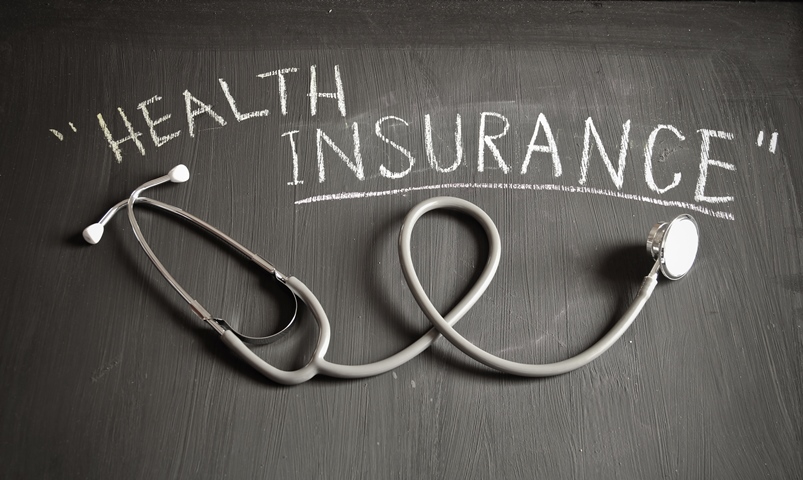Introduction
Digital payments are gradually becoming a way of life. However, this ‘cashless’ concept is quite prevalent in health insurance plans. Most health insurance companies offer both cashless as well as reimbursement facility. It is prudent to opt for the cashless facility as one can completely avoid out of the pocket expenses. It involves reduced paperwork than the reimbursement facility. We shall try and understand how a cashless mediclaim policy works, its benefits, types of cashless policies and a comparison of cashless mediclaim and reimbursement mediclaim.
Advantages of cashless: The process of cashless mediclaim is quite simple. One has to buy the cashless health insurance and pay regular premiums. At the time of hospitalization, the insurer directly pays the medical service provider for the medical expenses. This ensures the insured does not have any financial worries. The insurer has pre-tie ups with various network hospitals and the insured should get admitted with one of these to obtain treatment. In case of being unable to get admission in one of the network hospitals, one can get the bills reimbursed from the insurer. One can claim cashless mediclaim in the following situations:
- Planned Hospitalization: In this case, the insured needs to pre-inform the insurer, about the hospitalization requirement in advance. Subsequently, one has to fill up the requisite forms at the hospital desk and obtain admission.
- Emergency Hospitalisation: In this case, one has to inform the insurer within 24 hours of the sudden need for hospital admission. The approval is obtained within 6 hours.
Types of cashless policies: Now that we have understood the benefits, we shall delve into the various types of cashless policies available.
Read More: Can health Insurance be claimed during international travel?
- Cashless Individual Health Insurance: In this, an applicant above the age of 18 years can obtain health insurance in their name. The insured will be the exclusive recipient of all the cashless hospitalisation benefits.
- Cashless Family Health Insurance: The spouses and children fall in the ambit of health insurance plans for family. The person who buys the insurance is the owner of the policy, while the family members are the policy members. Some insurance companies extend cover to the parents or even in-laws of the owner, with a higher premium payment.
- Cashless Health Insurance for Senior citizens: Health insurance is critical during old age. Given the lack of regular monthly income, besides pension and accumulated savings, cashless medical insurance is a boon for the elderly. The government has stipulated guidelines for senior citizens aged between 60-80 years to obtain adequate insurance.
Cashless vs reimbursement: With multiple health insurance schemes available in the market, choosing the right policy has become a challenge. One must zero in on the right one that suits one’s needs, budget and settlement process. We shall study the difference between cashless claim and reimbursement claim.
- Choice of hospitals: Cashless facility is limited to the network of hospitals that have a tie-up with the insurer. In reimbursement, one has a wider range to choose from.
- Financial impact: The insurer discharges the payment and the family is free from monetary worries by availing this option. Under reimbursement, one has to pay for all the expenses themselves and get them settled later with their bank.
- Maintenance of medical bills: One need not track the bills as the hospital directly sends the records to the insurer under the cashless mediclaim. Under reimbursement system, one has to keep a detailed record of all the relevant paperwork to be submitted to the insurance company for settlement of claim.
- Variation in premiums: In cashless facility, the insurer may hike the premium value to recover its losses post hospitalization. In the reimbursement process, in case of treatment at economy hospitals, the insurer may not hike the premiums.
Read More: This New Year, Resolve to be Healthier Financially
Conclusion
There are both pros and cons involved in cashless health insurance policies. However, the benefits clearly outweigh the negatives. After all, at the time of hospitalization, one should not be burdened with financial worries. Hence, cashless mediclaim is surely the way to go.









